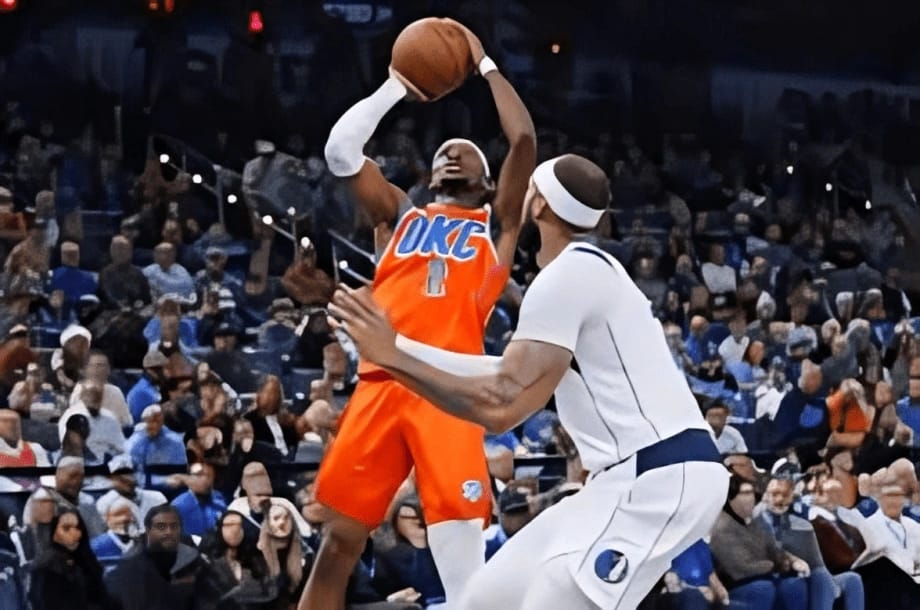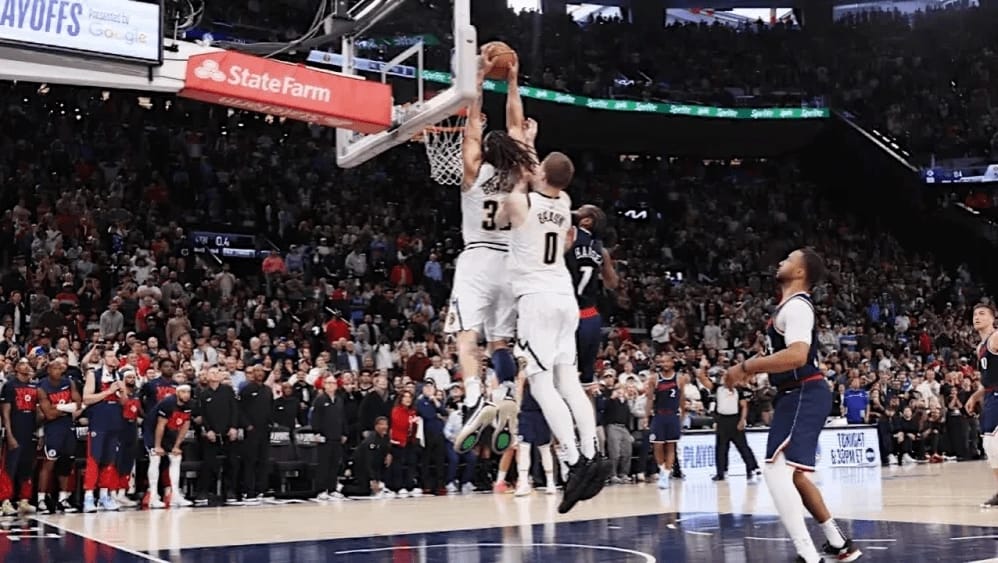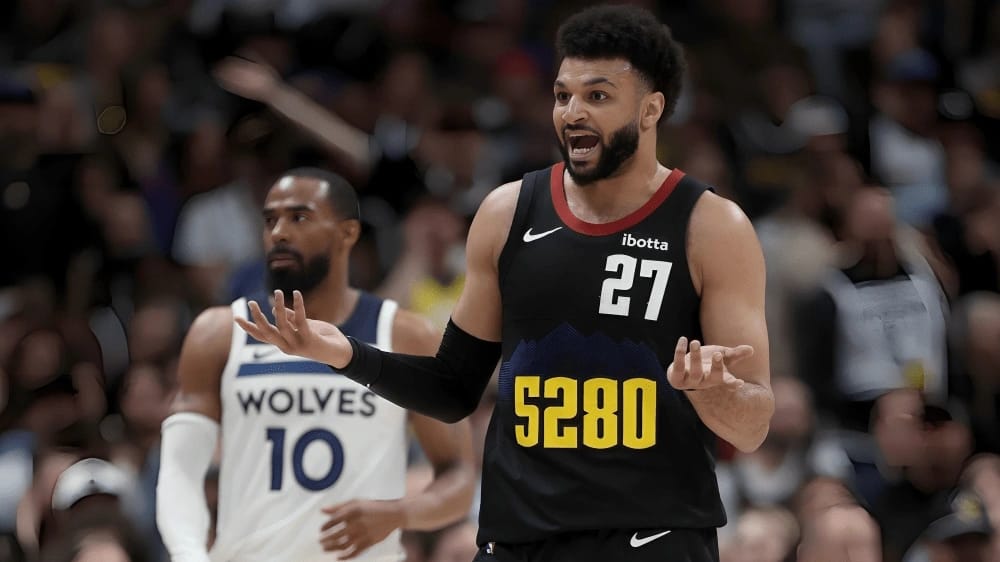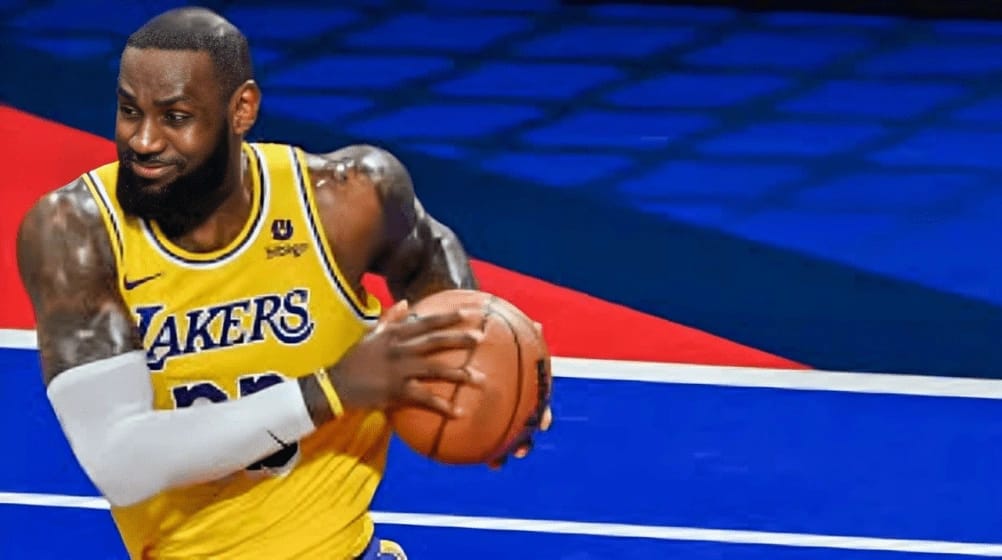The NBA’s inaugural In-Season Tournament—commonly referred to as the NBA Cup—has quickly become a topic of debate, particularly regarding its ability to capture the attention of basketball fans across the nation. As the competition unfolds each season, one question persists: Does the NBA Cup need star power to thrive, or does Las Vegas, the tournament’s host city, have the allure and draw to make the event successful on its own?
The stakes for the NBA Cup are high. On one hand, the tournament offers a unique and exciting opportunity for teams to compete for a prestigious new title in the middle of the regular season. On the other hand, it faces the challenge of carving out a niche in an already packed sports calendar. The traditional NBA season and playoffs are a hard act to follow, so the question arises: can the tournament stand out as a marquee event in the basketball world, or will it get lost in the shuffle? In this discussion, we examine two key components that will define the success of the NBA Cup: star power and the Las Vegas factor.
The Importance of Star Power
There’s no question that the NBA thrives on superstar players. The league’s global reach, its massive TV deals, and its cultural influence are all fueled by the performances of basketball icons like LeBron James, Stephen Curry, Giannis Antetokounmpo, and Luka Dončić. These players are the face of the NBA, driving both ratings and ticket sales.
For the NBA Cup to succeed as a major annual event, it may need these star players to ensure its popularity. Star power can be an immense draw in any sport, but especially in basketball, where individual performances can dominate the narrative. The casual fan, those who might not watch every regular season game, tends to tune in for the most recognizable athletes.
A New Competitive Format
In theory, the NBA Cup was designed to address a glaring issue in the league: the lack of intrigue during the early stages of the regular season. With the traditional 82-game season, the first few months can feel like a grind for both teams and fans, especially when major storylines don’t materialize until later in the season or playoffs. The tournament was introduced as a way to inject excitement and meaningful competition into the first part of the year.
But will this new format generate interest without its stars? The tournament could theoretically feature an underdog squad lifting the trophy, and that scenario would be compelling if the right players are involved. After all, an underdog victory driven by lesser-known players can often generate intrigue and new fandom—look at how teams like the Miami Heat or the Toronto Raptors in recent years have captured the imagination of fans. However, the NBA’s vast global audience is still driven by its household names. The chance to see LeBron take on Luka or Curry in a high-stakes, in-season tournament has undeniable appeal. Without that kind of matchup, even the most competitive games may not carry the same weight for casual viewers.
Las Vegas: The Venue That Sells Itself
While star power is crucial, there’s also another undeniable factor at play—Las Vegas. The NBA Cup has found a permanent home in the entertainment capital of the world, a city known for its ability to sell any event, whether it’s a major boxing match, an award show, or a lavish concert. Vegas has earned a reputation for making everything feel larger than life.
In recent years, the NBA has increasingly embraced Las Vegas, with the city hosting the NBA Summer League, NBA All-Star Weekend, and even rumors of a potential NBA expansion team in the future. The city’s combination of bright lights, world-class entertainment, and top-tier sports venues makes it a natural fit for the NBA Cup. After all, the tournament finals will be hosted in the T-Mobile Arena, a venue capable of holding over 20,000 fans in a city that thrives on sports tourism.
Las Vegas isn’t just about basketball; it’s about the experience. Fans aren’t just coming to watch a game—they’re coming for a multi-faceted, weekend-long event. From luxury hotels to celebrity performances, Las Vegas offers a level of entertainment that no other city can provide. The glitz and glamour of Vegas are not only attractive to basketball fans but also to those looking to mix sports with entertainment. For the NBA Cup, that’s a game-changer.
Does Las Vegas Compensate for the Lack of Star Power?
While the attraction of a Vegas spectacle is undeniable, it remains to be seen whether this will be enough to carry the tournament without the marquee names. The question is not just whether the NBA Cup needs star power to thrive, but also if Las Vegas alone can generate the kind of demand and excitement necessary to make the event a lasting success.
The city’s natural magnetism could certainly draw crowds, but will the games themselves stand out enough to attract viewers year after year? Even with the draw of high-profile athletes, there’s a danger of over-relying on the location. For example, events in Las Vegas like the NHL All-Star Game or F1 Grand Prix might sell tickets, but if the competition or the atmosphere doesn’t live up to expectations, it risks being seen as just another Las Vegas spectacle without long-term staying power.
For the NBA Cup to take hold as a premier event, the competition must be fiercely contested. Without enough star power on the floor, the spectacle could lose its luster, even in Las Vegas. Imagine a scenario where a lesser-known team takes the trophy—while that’s certainly possible in a single-elimination tournament, it could struggle to generate the same buzz if the teams involved aren’t household names.
Creating New Stars
One potential solution for the NBA Cup’s success could lie in creating new stars. The tournament could serve as a platform for up-and-coming players to make their mark. The March Madness model in college basketball shows how a single-elimination tournament can produce new heroes, even if they are not yet widely recognized by the public. The NBA Cup could allow for the birth of new rivalries and the emergence of young players who rise to the occasion, just as Giannis Antetokounmpo did in the NBA Finals in 2021.
This is where the NBA’s investment in player development could play a pivotal role. Players who may not yet be in the MVP conversation but have breakout moments in the NBA Cup could capture the public’s imagination. In the right environment, and with the right storyline, the NBA Cup could transform from a niche in-season competition to a launching pad for future superstars, ensuring it doesn’t rely solely on the same roster of big names.
The Need for Balance
Ultimately, the NBA Cup will require a careful balance between star power and the Las Vegas appeal. While Las Vegas may be able to sell the event as a destination, it will be the product on the court that keeps fans coming back year after year. The tournament’s long-term success will likely depend on a combination of the best players, intriguing narratives, and the Vegas spectacle itself.
The NBA Cup is in its infancy, and the league will likely continue to refine the format to find the perfect formula for success. As more teams and players get accustomed to the structure, and as the public grows accustomed to the tournament’s importance, the NBA Cup could become a pivotal part of the sports calendar, sitting comfortably between the excitement of the NBA season and the intensity of the playoffs.
In the end, the NBA Cup’s future success will rely on whether it can blend both star power and the unique, magnetic pull of Las Vegas. If done correctly, the event has the potential to grow into a major annual spectacle, one that captivates both fans of the game and those looking for a full-scale entertainment experience. As the NBA continues to evolve, the Cup could be the perfect blend of basketball and spectacle, but it will need both its star players and its host city to bring the magic.





